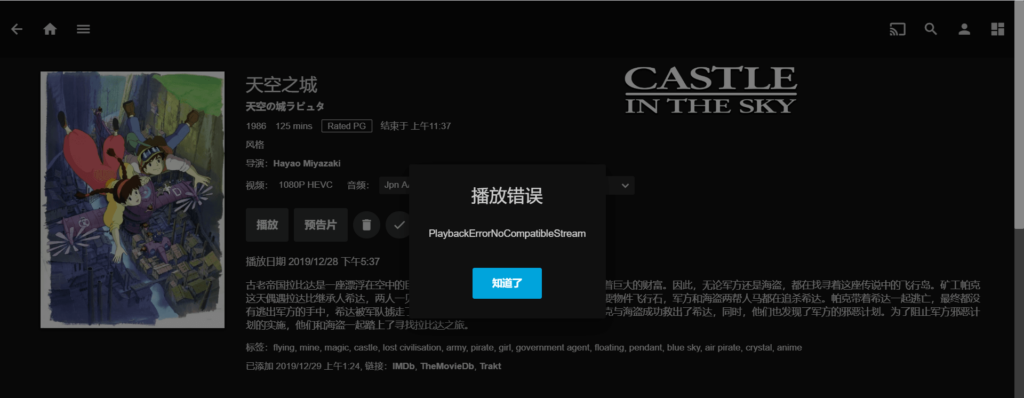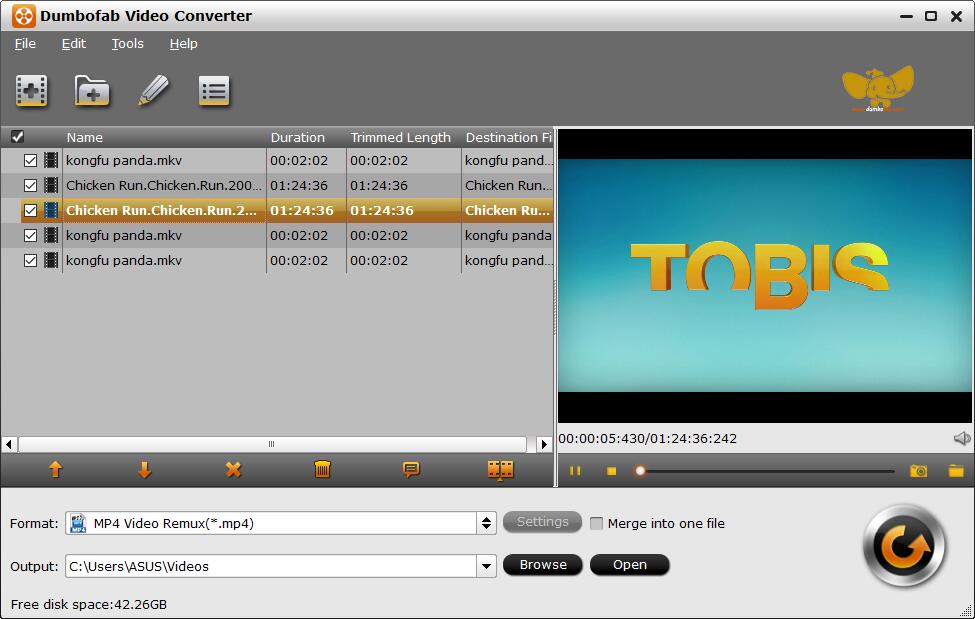
Note: WinX HD Video Converter Deluxe supports more than 370+ video/audio codecs, that means it can not only convert MKV to MP4, but also convert WebM to MP4, HEVC to H.264, AVI to WMV, AVI to MP4, MP4 to MP3, etc without a hassle. After then, you're able to play output MP4 video on desktop, HDTVs, PS4, Xbox, Plex, mobiles and more.

Once in place, just click RUN button - a blue round one - to start the conversion instantly. Choose another one by clicking Browse button if you like. By default, output files will be stored in C:\Users\admin\Videos\WinXVideos\. Edit MKV files: merge several segments into one, trim/cut video, crop video, add external subtitles, adjust audio volumeīefore any further, you can change the destination folder.Meanwhile, you're always suggested to tick on the box of Use High Quality Engine. Enhance video quality: Go Output profile window, move the slider to HQ/Slow, which will make slow down the converting speed slightly yet with higher quality.


WinX HD Video Converter Deluxe should be at the top of your priority list as it can convert MKV to MP4 with or without re-encoding. Just pick out the best fit one transcode MKV to MP4 easily and free.Ī full-featured solution for MKV to MP4 conversion. Here we have listed several programs of the top rank. When it comes to convert MKV to MP4 on Windows and macOS, there are a great many programs available for your choice. Here top 5 ways are shared to help you transcode MKV to MP4 easily and free. If this is what's borthering you, you've come the right place. The only problem is how to convert MKV to MP4. Obviously, converting MKV to MP4 is imminent based on the above reasons. How to Convert MKV to MP4 on Windows & Mac Using a script to make another script is a common solution. I'd use mkvinfo to take a look at the different tracks in each file, then decide, programmatic how to proceed. Personally, I wouldn't change from the most capable container (mkv) without some VERY, VERY, good reasons. If you don't know any of those, there are many, many, awk examples around the internet. If you want to stay inside a single language, I'd suggest staying with one like perl, ruby, or python. basename, dirname and sed or awk should be enough. There are hundreds of text processing commands on Unix systems. Later, you can use find and clean up and old files you don't want anymore. I would do the conversions in the same directory as the source files myself.

You won't lose the extra audio, SRT or sub tracks this way. If you setup a Plex server, then the streamed media will be transcoded as needed for the client. If you can show a before directory and an after directory, perhaps someone could help? Coming from Windows, your solution might not be the best option.


 0 kommentar(er)
0 kommentar(er)
